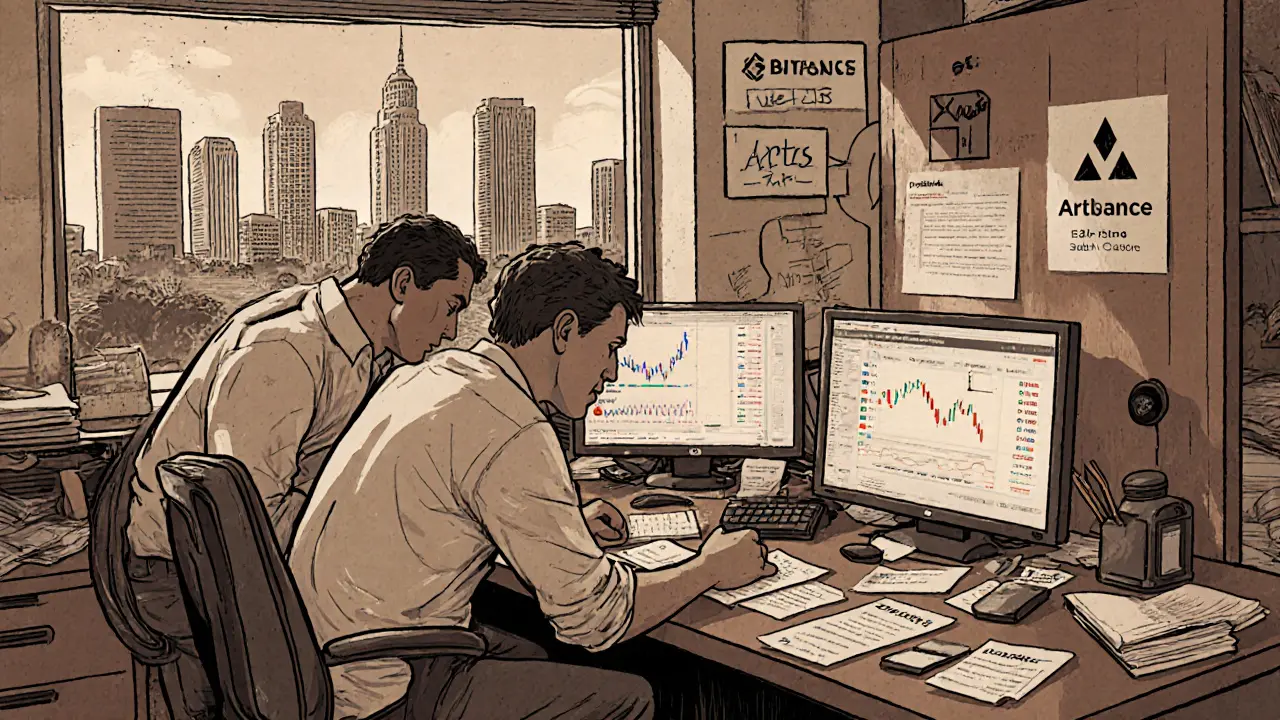Crypto Exchange South Africa
When you're looking for a crypto exchange South Africa, a platform where South Africans can buy, sell, and trade digital assets like Bitcoin and Ethereum. Also known as cryptocurrency trading platform, it's the main gateway for over 3 million South Africans using crypto to protect savings from inflation and access global markets. Unlike banks that block crypto transactions, these exchanges let you trade directly with local currency—ZAR—without needing a foreign bank account.
Many South Africans turn to P2P crypto, peer-to-peer trading where buyers and sellers connect directly without a middleman. Also known as direct crypto trading, it’s how people bypass banking restrictions and avoid high fees. Platforms like Paxful and LocalBitcoins thrive here because they let you pay via bank transfer, EFT, or even cash deposits. But it’s not just about convenience—South Africa’s crypto regulations, rules set by the Financial Sector Conduct Authority (FSCA) to protect users and prevent money laundering require exchanges to register, verify users, and report suspicious activity. That means the best platforms are licensed, not just popular.
Some exchanges, like Luno and Ice3X, are built for South Africans from the ground up. They support ZAR deposits, have local customer support, and integrate with major banks. Others, like Binance, offer global access but require extra steps to verify your identity under South African law. You’ll find that the most trusted ones don’t just list coins—they explain tax rules, offer educational content, and keep funds secure with cold storage.
What you won’t find are shady platforms with no reviews, zero volume, or fake airdrops pretending to be official. South Africa’s crypto scene is growing fast, but scams follow. That’s why the posts below focus on real platforms, real rules, and real user experiences—not hype. You’ll see how traders avoid bank blocks, why some exchanges disappeared overnight, and how to spot a legitimate one before you deposit your first rand.

